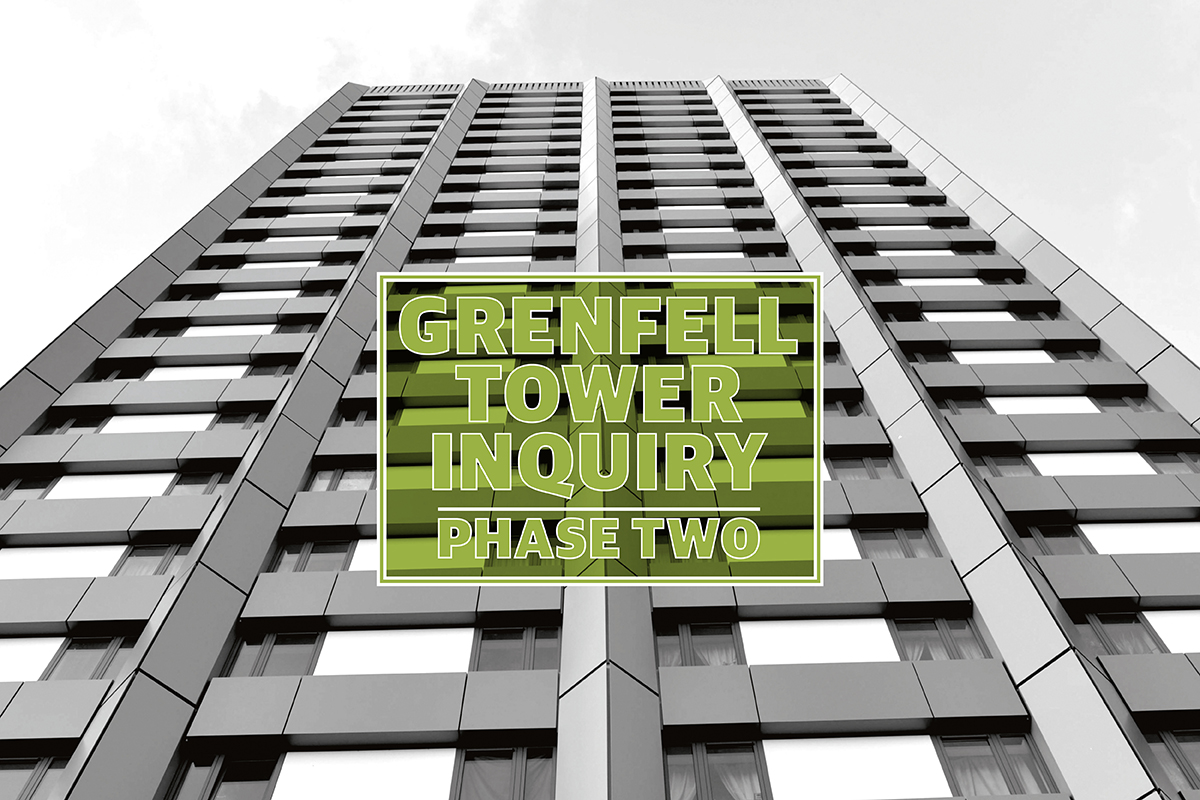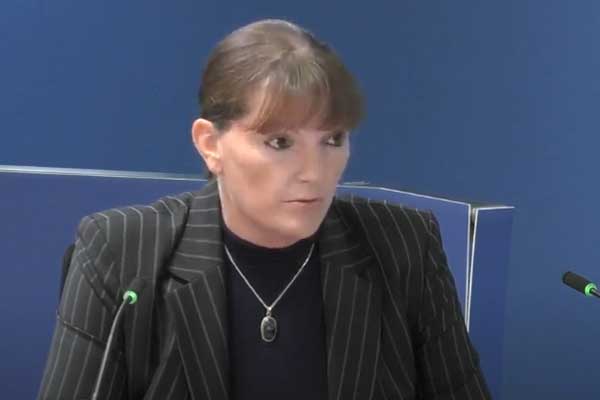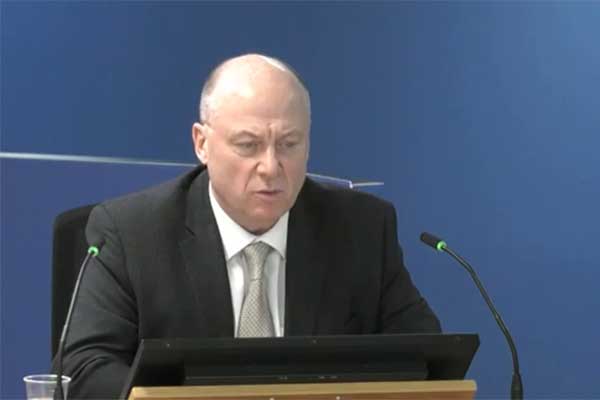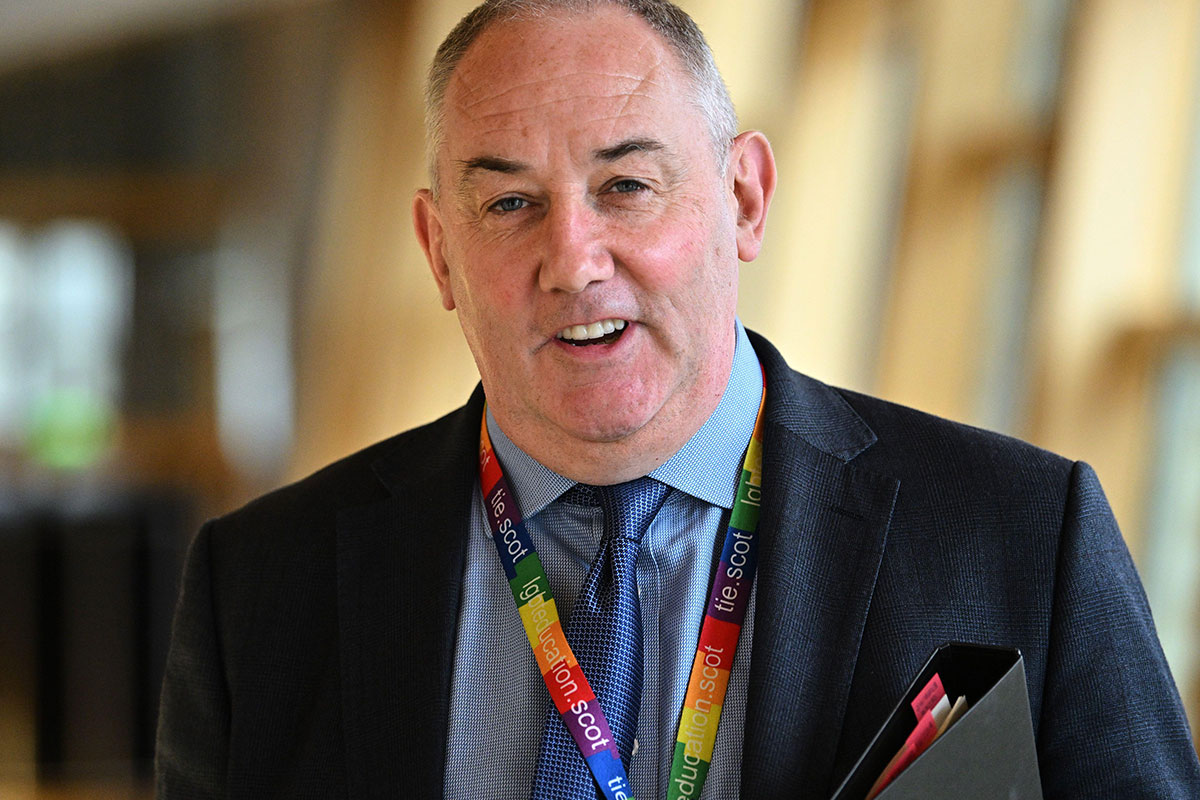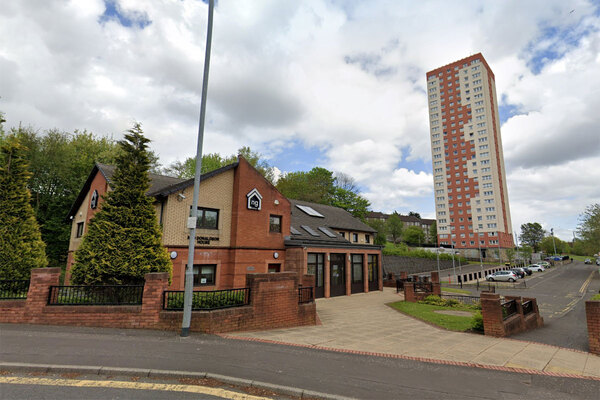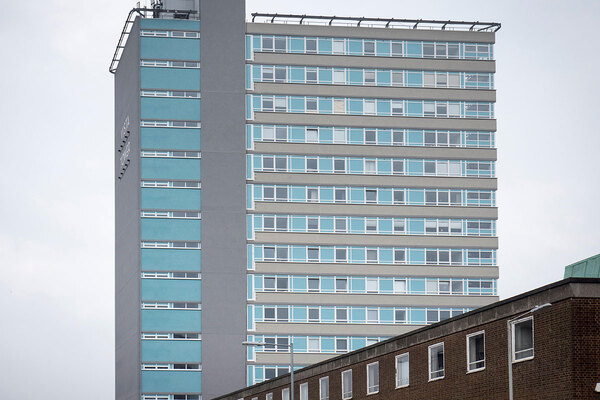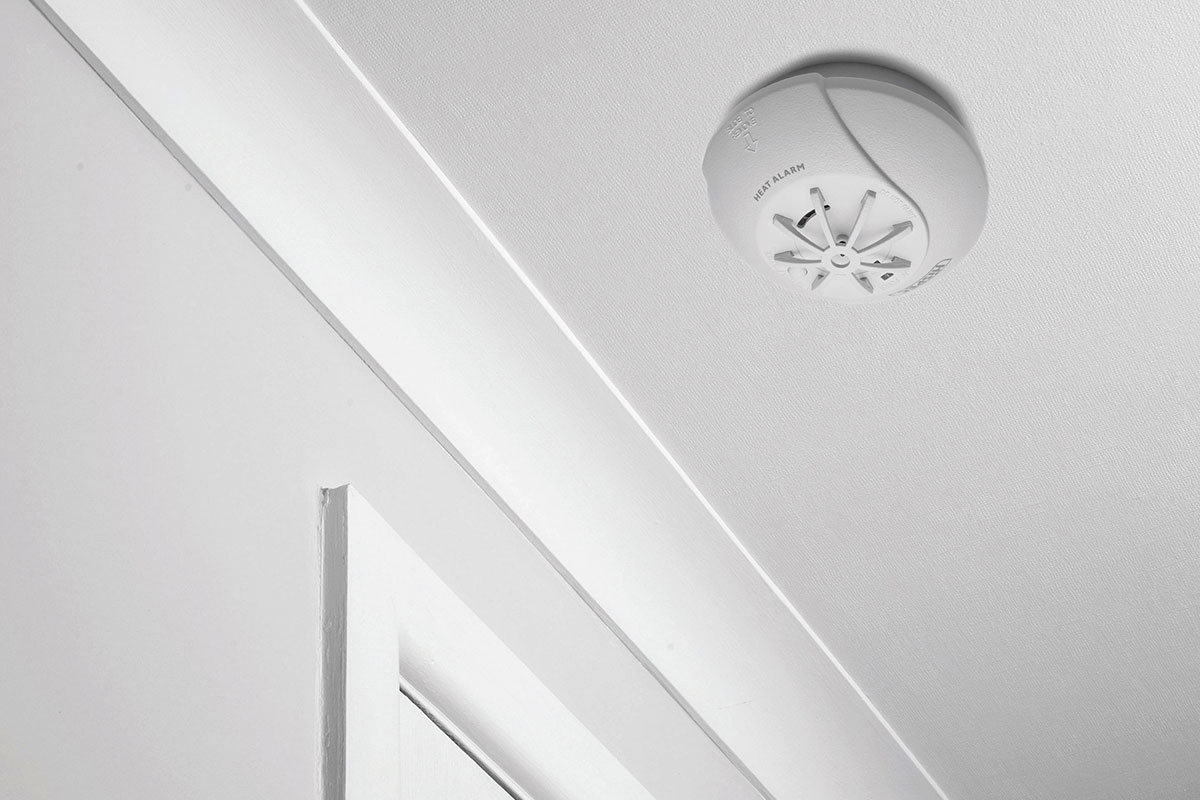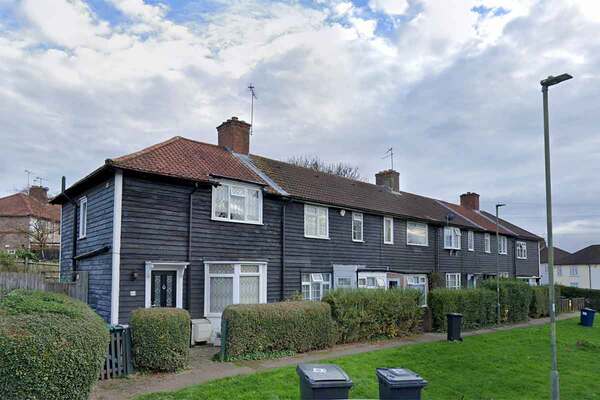Grenfell Tower Inquiry diary week 57: ‘It was worse than slow, it was sluggish’
Former London Fire Brigade (LFB) commissioner Dany Cotton was the star witness this week, as the inquiry continued to delve into the brigade’s knowledge and training before the Grenfell Tower fire. Jack Simpson, Grainne Cuffe and Pete Apps report
This week, Dany Cotton, the former commissioner of the LFB, returned to give her first evidence since a controversial appearance at the inquiry in 2018.
As is common for this part, the focus was on changes made after the deadly Lakanal House fire in 2009, particularly to staff training, and the extent of knowledge about cladding fires within the LFB.
It was also revealed that the brigade warned government ministers about the fire risk to high-rises just weeks before Grenfell. That is where we will begin our recap.
‘I think, organisationally, we had information we could have shared’
Did the LFB know about widespread compartmentation failures in buildings across London before the Grenfell Tower fire? That was a topic which dominated the conclusion of Ms Cotton’s (pictured) evidence.
In what was an explosive first hour on Thursday, we saw not only how compartmentation issues were being discussed and written about within the LFB, but that the organisation was warning others, including high-ranking government ministers, about them.
Ms Cotton became commissioner of the LFB on 1 January 2017. Just four months earlier, the LFB’s regulatory enforcement department had produced a document titled “Fire Resisting Compartmentation Failure”.
The document, which was based on what the enforcement team had found while inspecting buildings across the capital, painted a picture of widespread failures across housing stock, pointing to fires such as Lakanal House and Pacific Wharf as examples of where fire spread had been expedited by compartmentation issues.
It concluded that there were significant examples of compartmentation issues posing a threat to public safety. Ms Cotton told the inquiry she did not see this document at the time.
But, in April 2017, the LFB was worried enough to send a letter, with Ms Cotton’s signature on it, demanding a meeting with the then housing minister Gavin Barwell to discuss “significant compartmentation deficiencies” in buildings across London.
The letter, which was sent just weeks before the Grenfell Tower fire, told Mr Barwell that the LFB was discovering one block a month with compartmentation deficiencies and that it expected there were many more out there.
A similar letter was also sent to the Conservative Party, as well as the other main political parties, before the publication of its manifesto, in which the LFB called for action to toughen regulations and enforcement.
This matters not just because of the warning offered to government, but because it shows the foresight the LFB had of a serious fire in a tower block.
In 2018, Ms Cotton had controversially told the inquiry that the type of fire at Grenfell was as foreseeable as a “spaceship landing on the Shard”.
She revised this statement on Thursday and admitted that there had been knowledge within the fire service of some of the issues faced at Grenfell.
She said: “I still think that the knowledge that the LFB and UK fire service had could not have anticipated such a catastrophic failure of any building with so many breaches, but yes, we did have knowledge of various aspects, and that has become evident from the documents that I have read.”
A day before, she had accepted that the national guidance specifically raised the risk of cladding fires but the LFB had failed to incorporate it into policy or training.
In a final question from lead counsel Richard Millett QC, he asked Ms Cotton whether there was anything she would have done differently during her time at the LFB to better equip commanders with the skills to tackle the Grenfell blaze. She said: “I think, organisationally, we had information we could have shared and that could have been translated into training for all members of London Fire Brigade, which would have better assisted them.”
Ron Dobson, Ms Cotton’s predecessor, also began his evidence this week. Mr Dobson was commissioner for nine years between October 2007 and December 2016, with his tenure covering the fallout from the Lakanal House fire.
As the inquiry previously saw, Mr Dobson sent a letter to Ken Knight, the then chief fire and rescue adviser to the government, calling on him to advise all housing providers to check the external walls and ensure that they meet fire safety requirements.
Sir Ken responded saying that it was felt that there was “insufficient information to warrant alerting housing authorities and property owners” to any action around external wall inspection. A letter was sent to councils, but failed to explicitly call on them to check their cladding.
Mr Dobson said he was partially satisfied with this response, but it didn’t go as far as he had hoped the government would go.
‘So, to that extent, this update to the Lakanal House working group was overstated and misleading?’
Ms Cotton’s evidence began earlier in the week with a look back at how the LFB had implemented changes to its training in the aftermath of the Lakanal House fire, particularly the training of incident commanders.
As a result of both the brigade’s internal investigations and the Lakanal House coroner’s report, seven areas were identified where training required improvement.
This included – crucially for what was to follow – the need “to anticipate that a fire might behave in a manner inconsistent with the compartmentation principle”.
Providing this training was complicated by the LFB’s privatised training arrangements: it had to send a request to Babcock, the contractor responsible for developing and delivering the sessions.
Several previous witnesses explained that this set-up did not work particularly well. Babcock relied on the LFB’s internal subject-matter expertise, slowing down the development of training programmes.
Ms Cotton was open in siding with this criticism. Asked if she agreed that it was “a cumbersome and resource-intensive process”, she said yes.
“The speed with which we were able to develop any incident command training was a constant subject of conversation between myself and [other senior officers] because it was so frustratingly slow,” she said.
Asked why the LFB had not simply prepared the training in-house, given the importance placed on it due to Lakanal, Ms Cotton said that while she would have “loved to”, the contract forbade it. And the LFB had disbanded its training service on signing the private contract.
One curious factor is that an update sent to the LFB’s internal board monitoring the progress of post-Lakanal House changes in November 2013 claimed Babcock had “confirmed that the seven [incident command] related issues are fully embedded within all incident command training exercises”. It also said progress on fulfilling this aim was complete.
But Babcock had said nothing of the sort, and the progress was still continuing.
“So, to that extent, this update to the Lakanal House working group was overstated and misleading?” asked Mr Millett (pictured above).
“Yeah, and I have no idea why anyone would consider that to have been complete, because at this stage we were very far from completing the enhancement that Babcocks were going to undertake to embed fully those seven recommendations, so it was in no way complete,” she replied.
As the inquiry heard previously, incident command training for more senior officers was still being piloted or developed at the time of the Grenfell Tower fire.
Asked why progress had been so slow, Ms Cotton once more pointed to the contract with Babcock.
“It was worse than slow, it was sluggish,” she said. “I would regularly report to [senior officers] about my frustrations and my serious concerns about the lack of progress that was being made.
“This was one of my greatest frustrations and angers: the lack of ability of Babcocks to be able to develop this training. And it was a subject of a regular conversation at several different boards, because it was unacceptable how long it took.”
‘In the kindest possible way, I have absolutely no faith in these figures’
On Monday the inquiry heard from David Brown (pictured), former director of operations at the LFB, who began his evidence last week.
Mr Brown questioned figures which the inquiry saw previously that appeared to show big gaps in the training given to control-room staff on handling calls from trapped residents.
These figures showed that 0% of operators received refresher training in 2015, compared with 94% in 2011. In 2016, 45% of staff received training, while 32% received training in 2017.
But Mr Brown said that in 2010, 108 out of 116 staff had received refresher training, 106 out of 116 operators had received it in 2011, and 94 out of 104 in 2012.
He said the discrepancy was down to a “gaping hole” in the recording of refresher training.
Mr Brown said: “I can only say that, in the kindest possible way, I have absolutely no faith in [the lower] figures... and that they, for me, completely lack credibility.”
He said this was because of the “wild deviation in the numbers of staff that existed over the years” and the 0% figure.
“In my experience, nothing is ever that absolute. If he had said 100%, I equally wouldn’t have believed it,” he said.
He denied there was a “chronic systemic problem” with recording training. The inquiry continues.
Sign up for our weekly Grenfell Inquiry newsletter
Each week we send out a newsletter rounding up the key news from the Grenfell Inquiry, along with the headlines from the week
Already have an account? Click here to manage your newsletters
